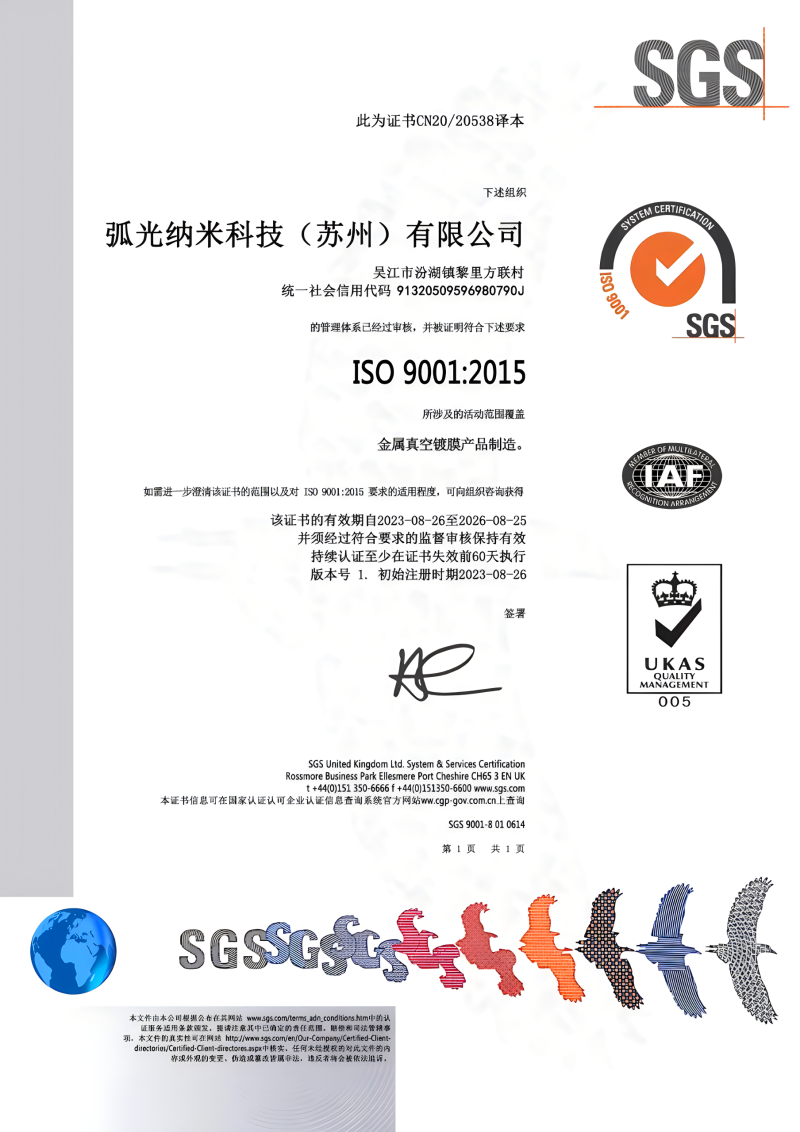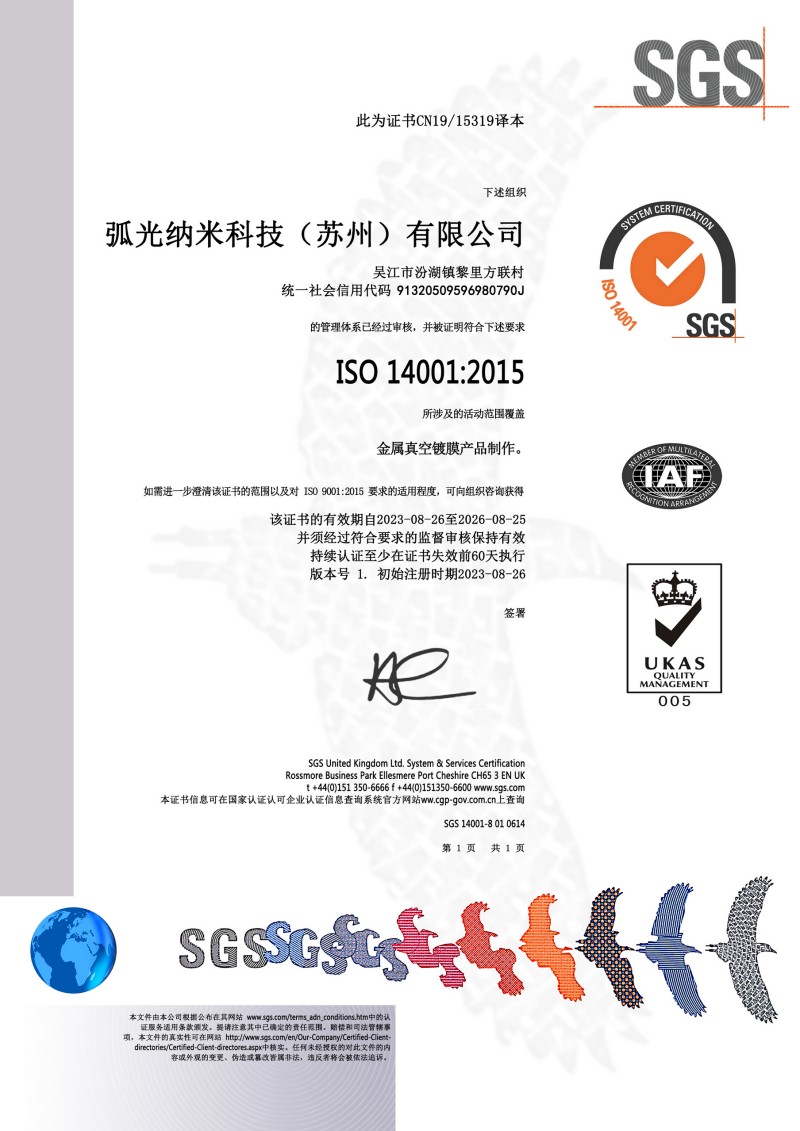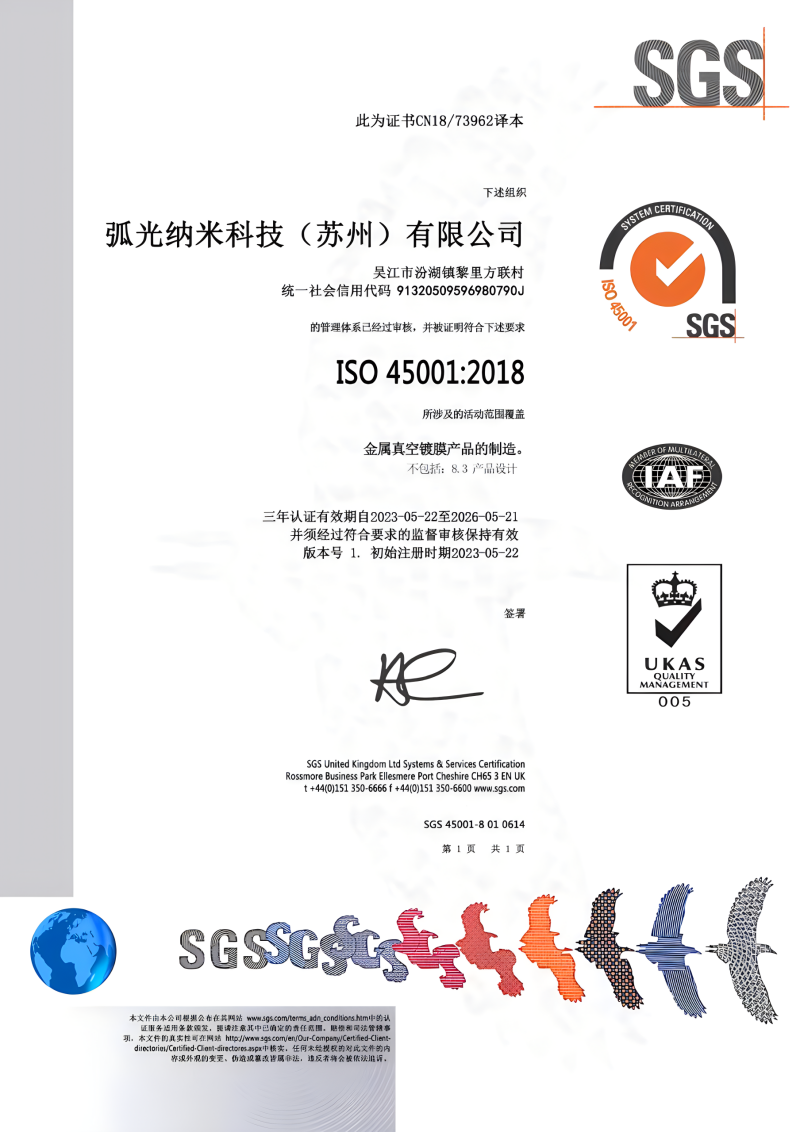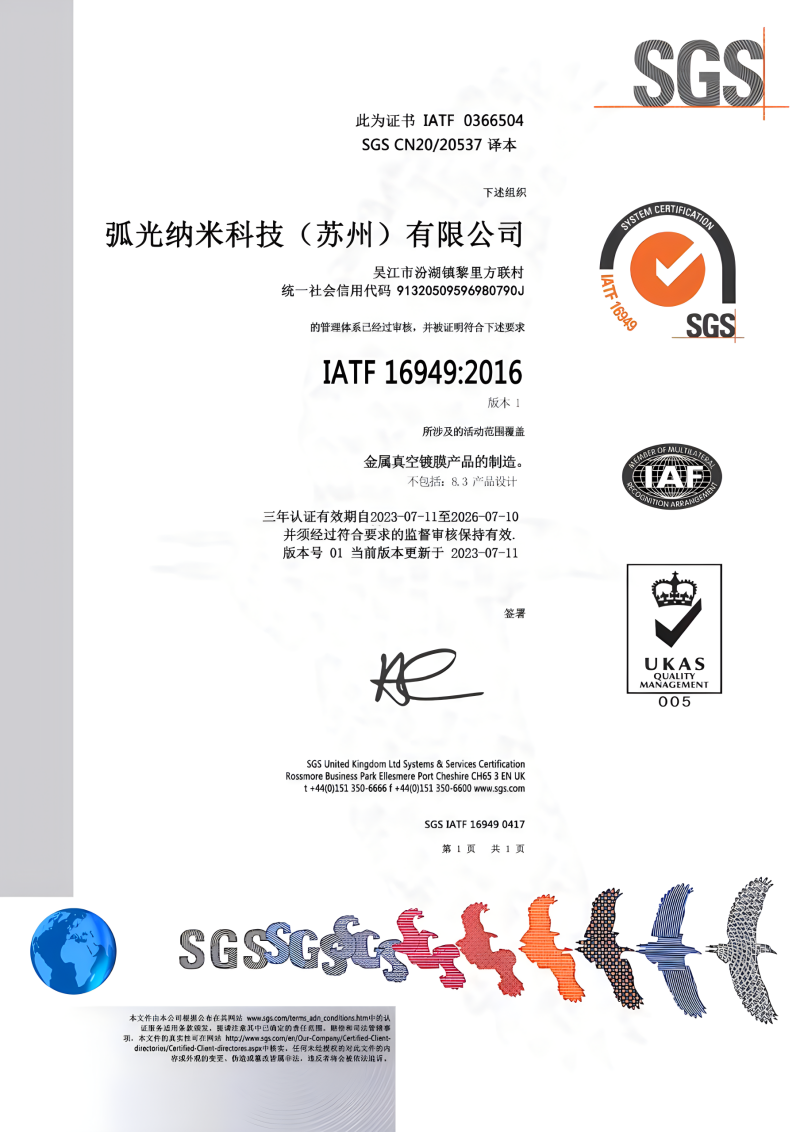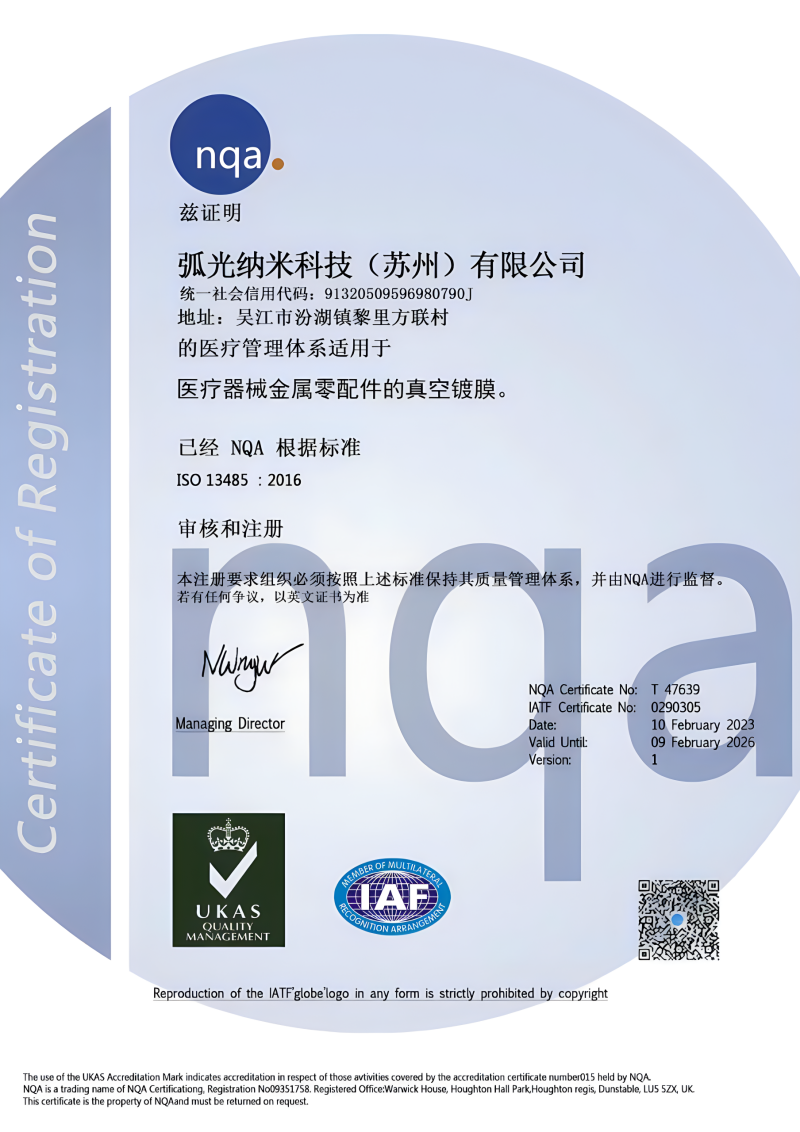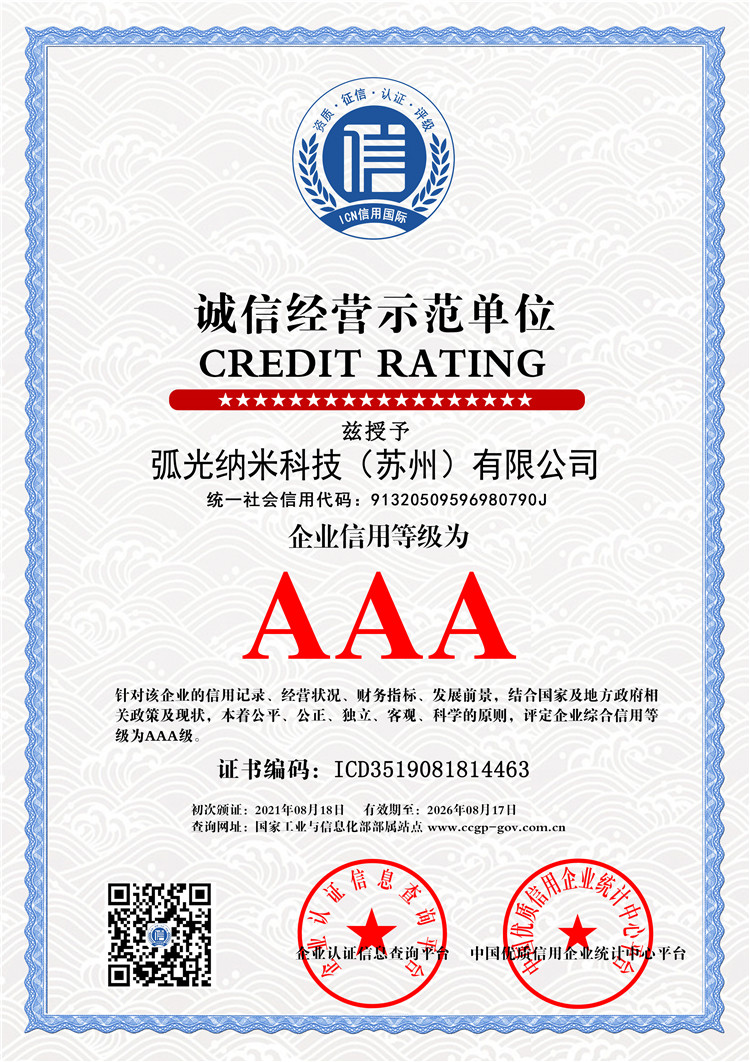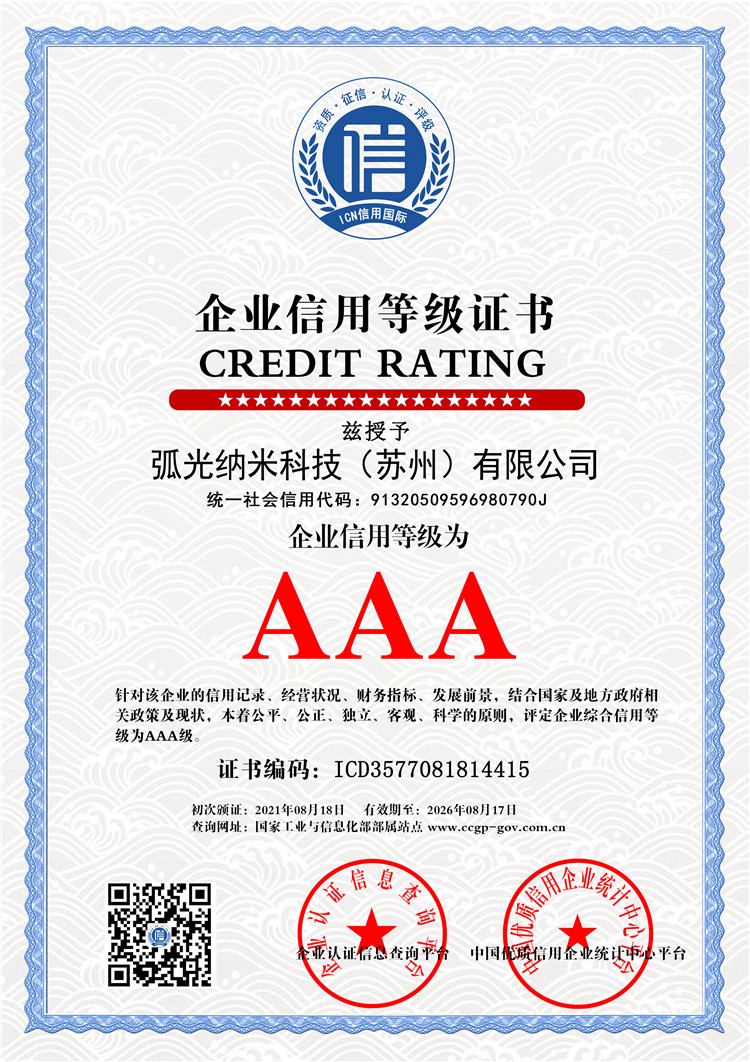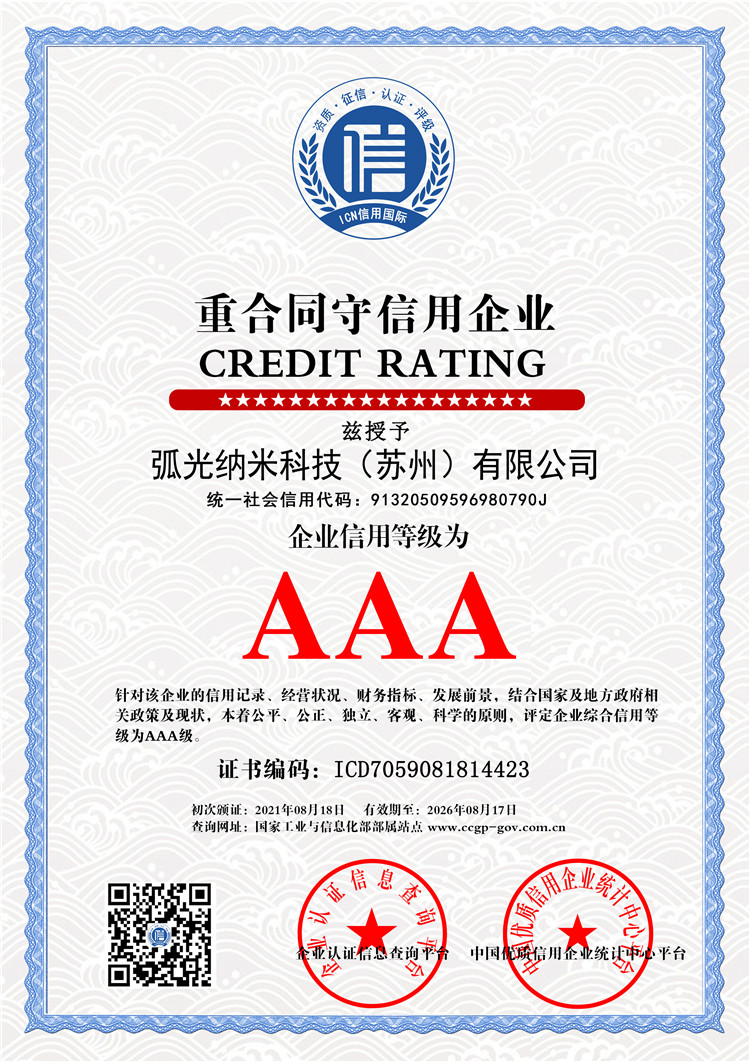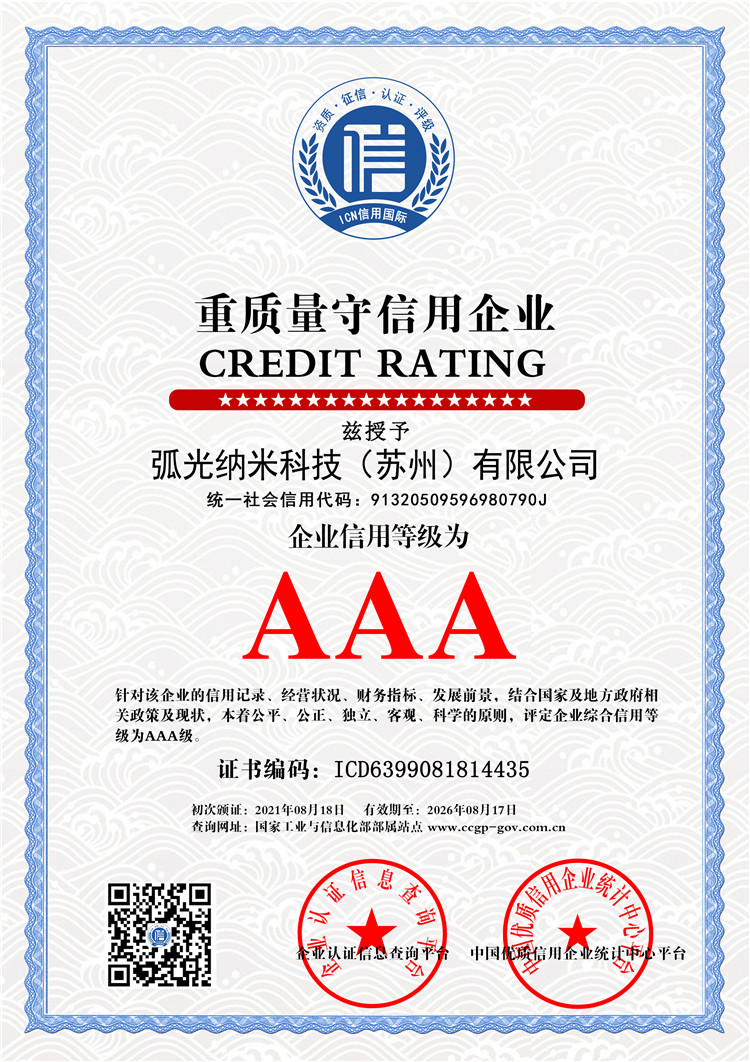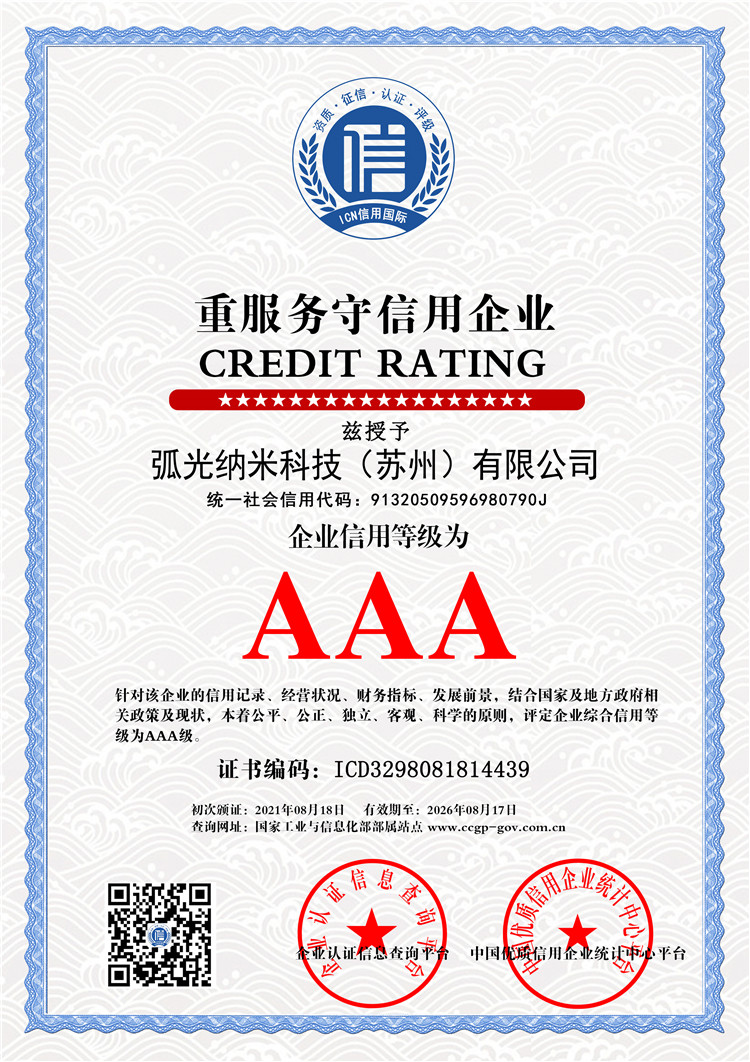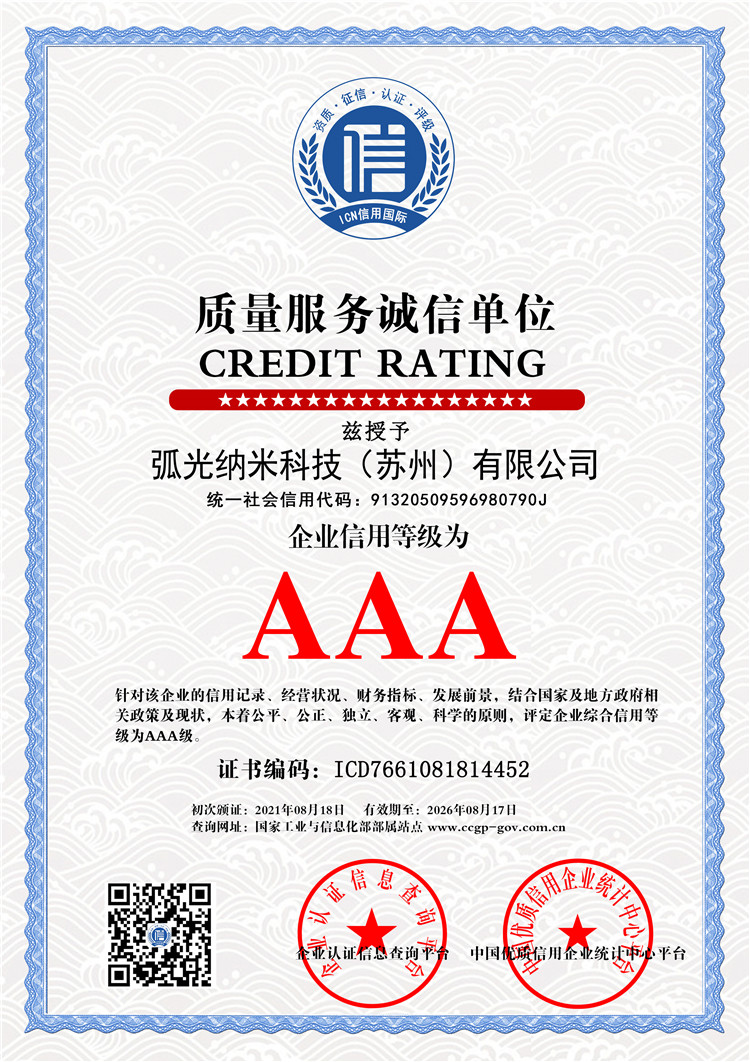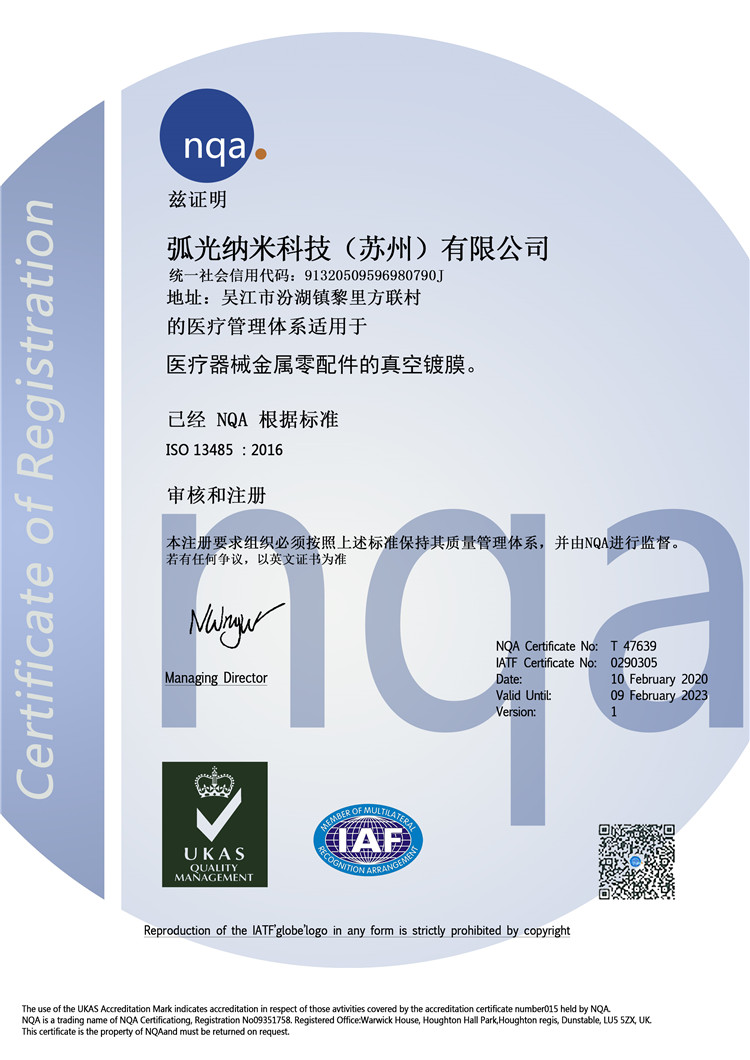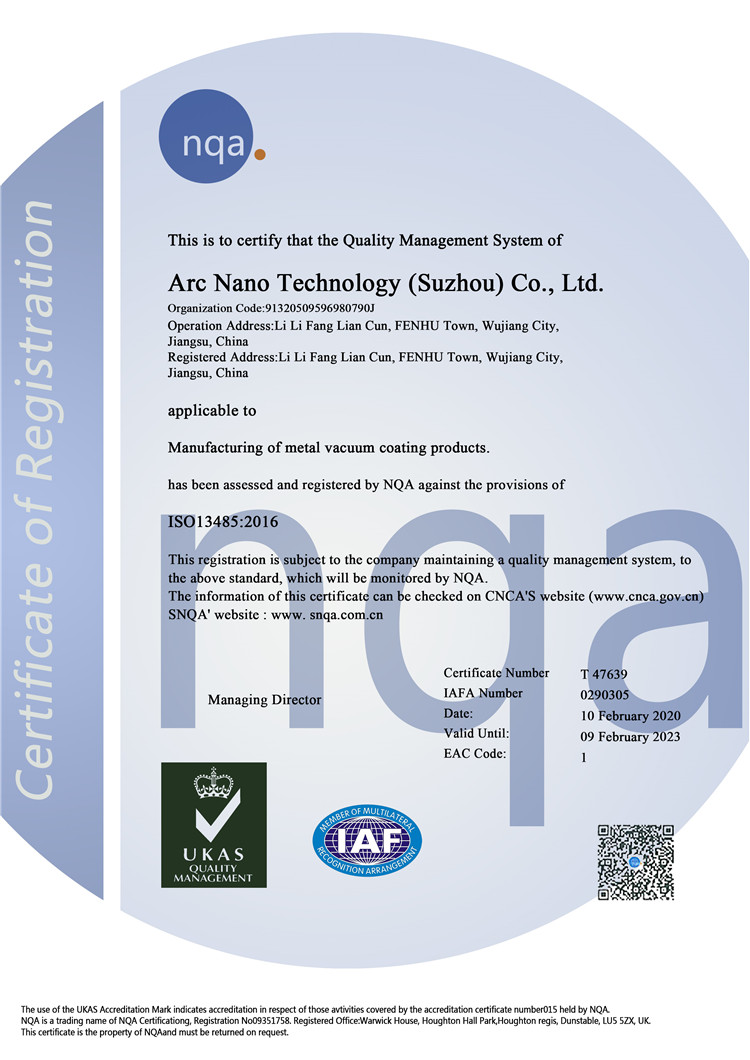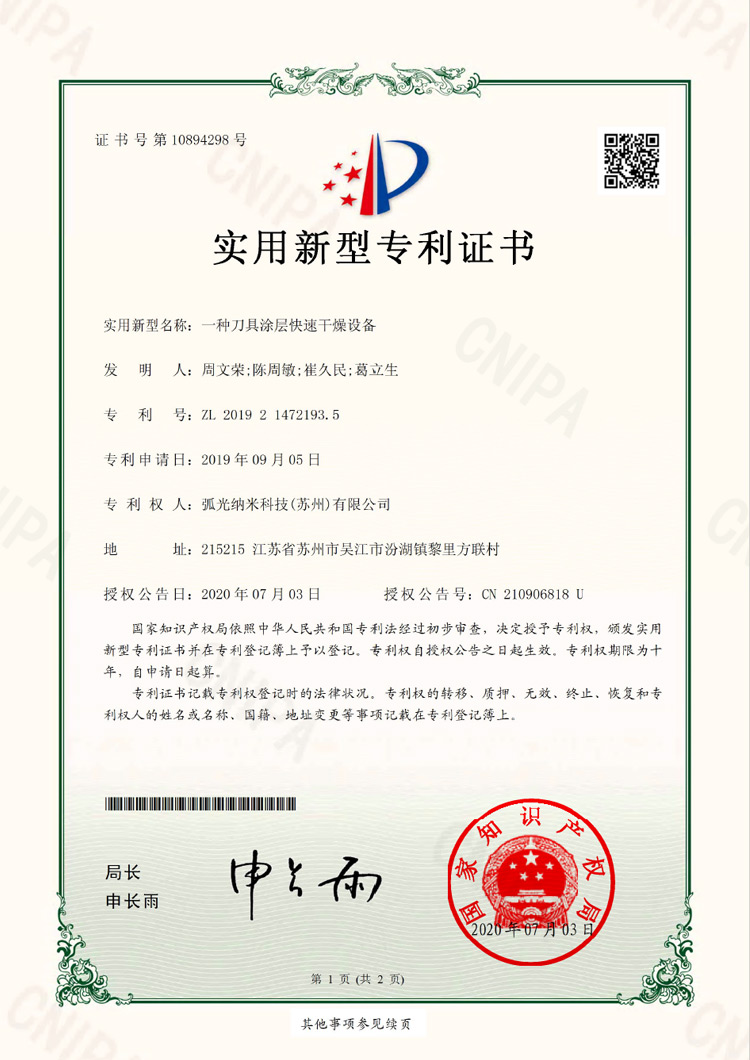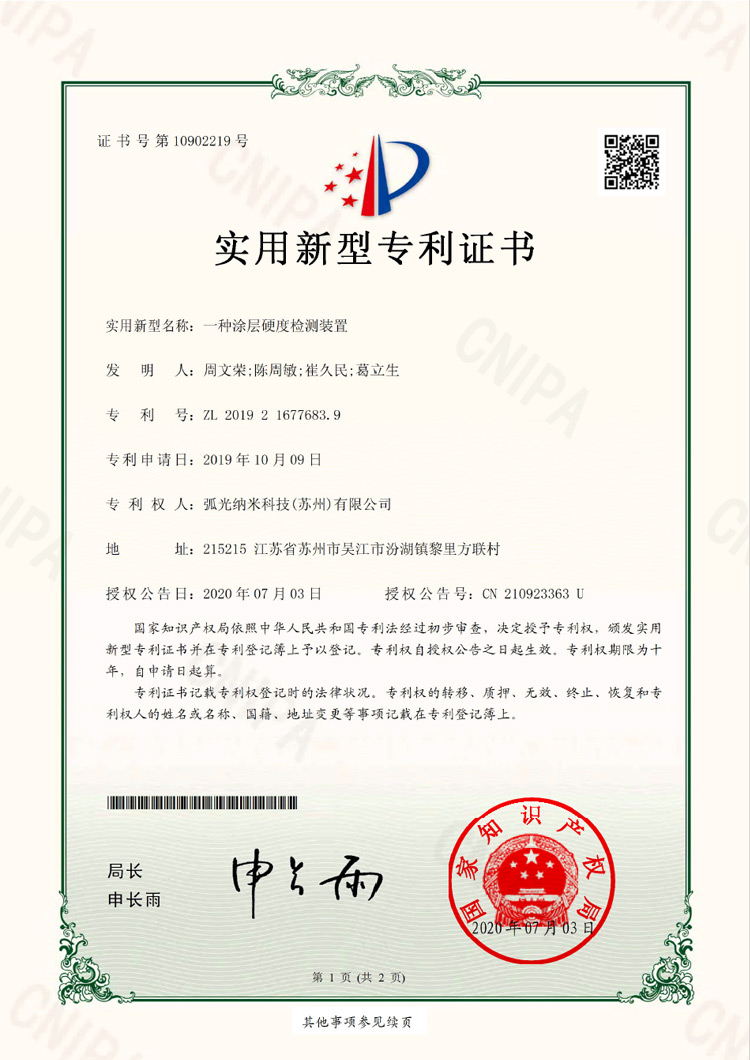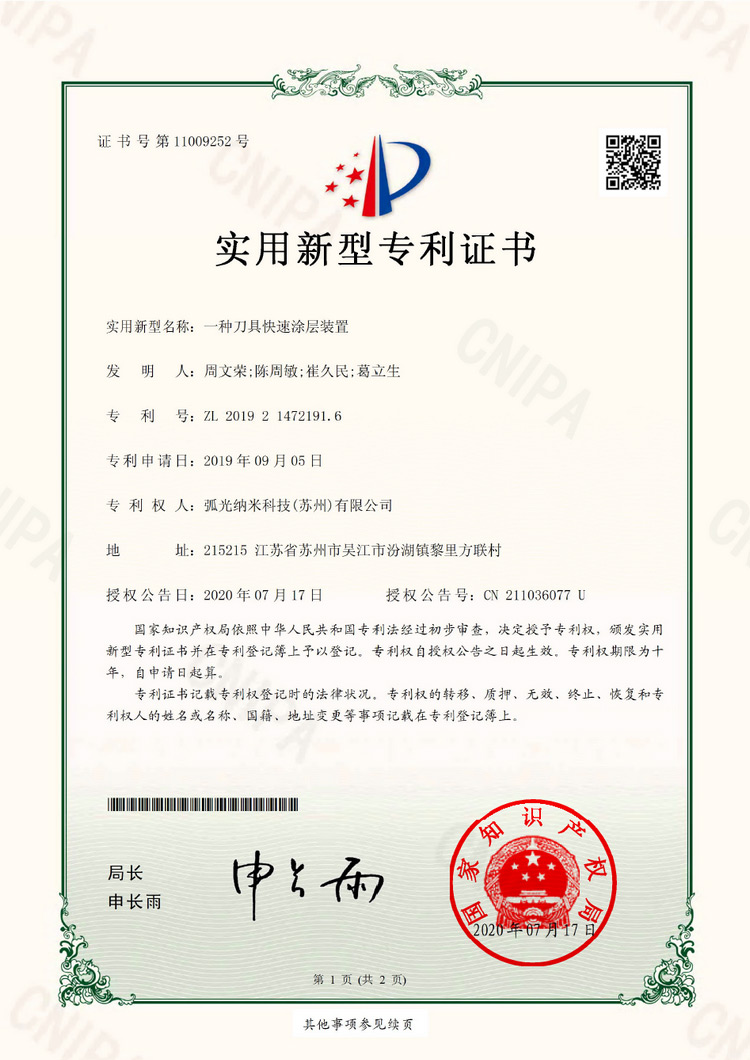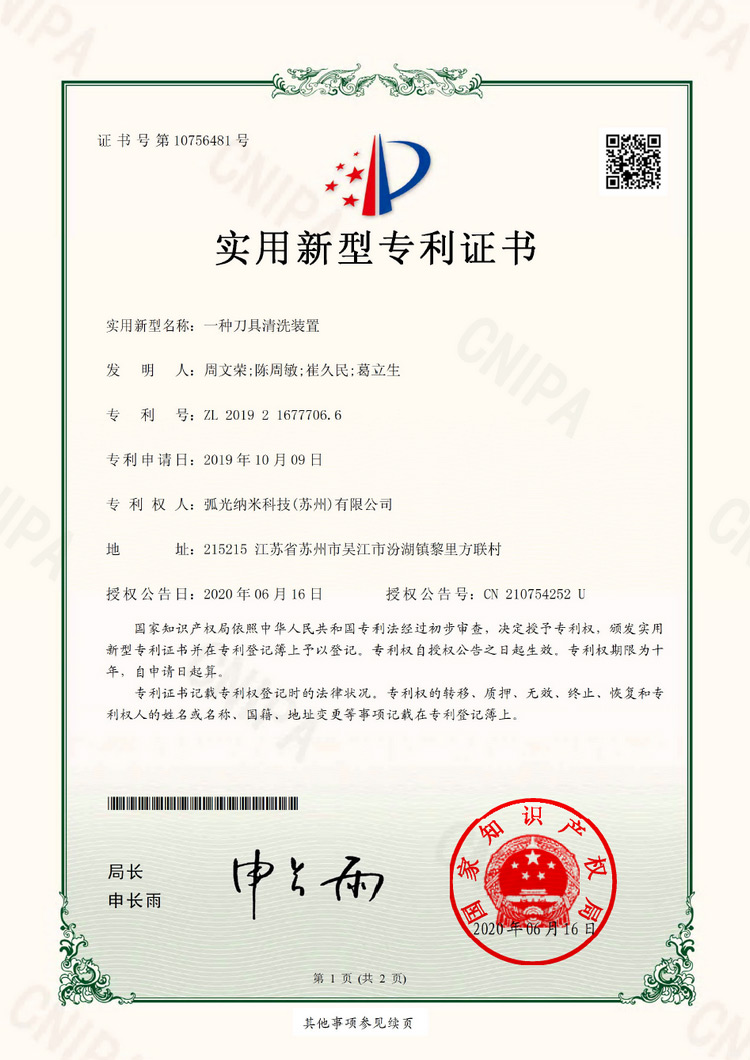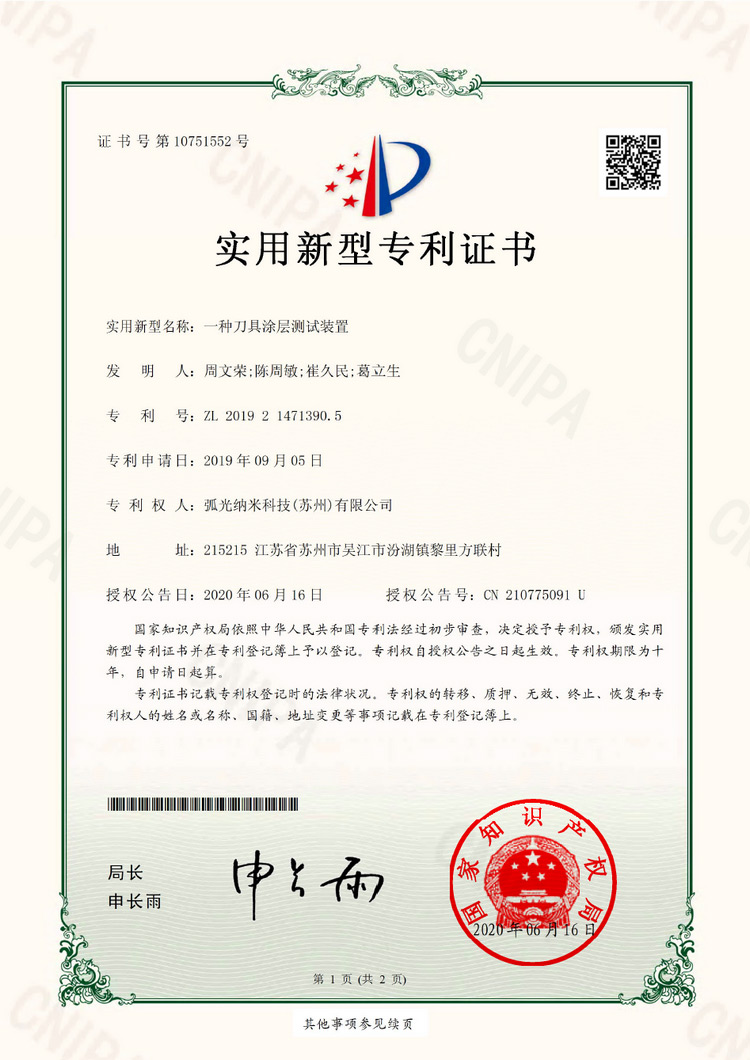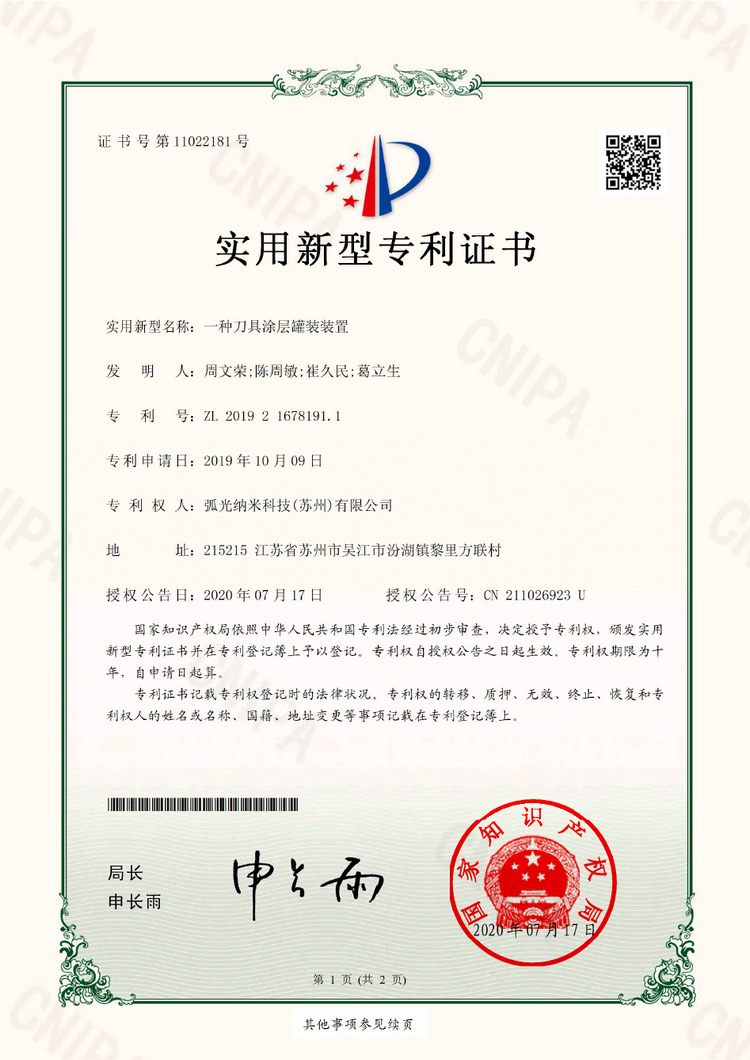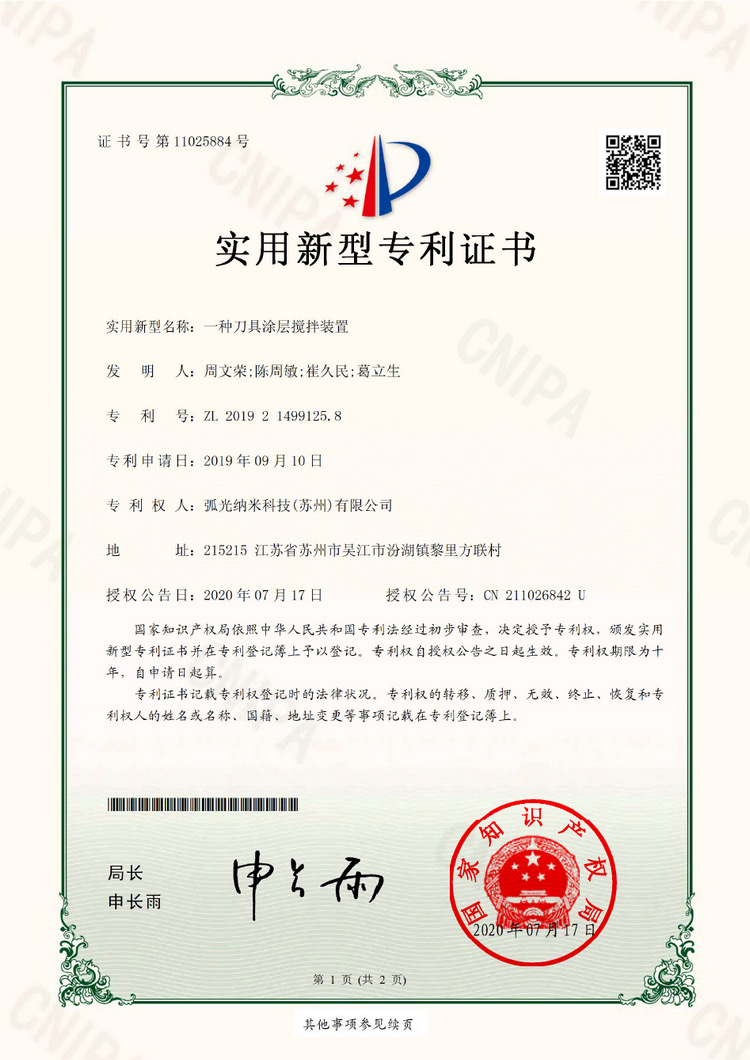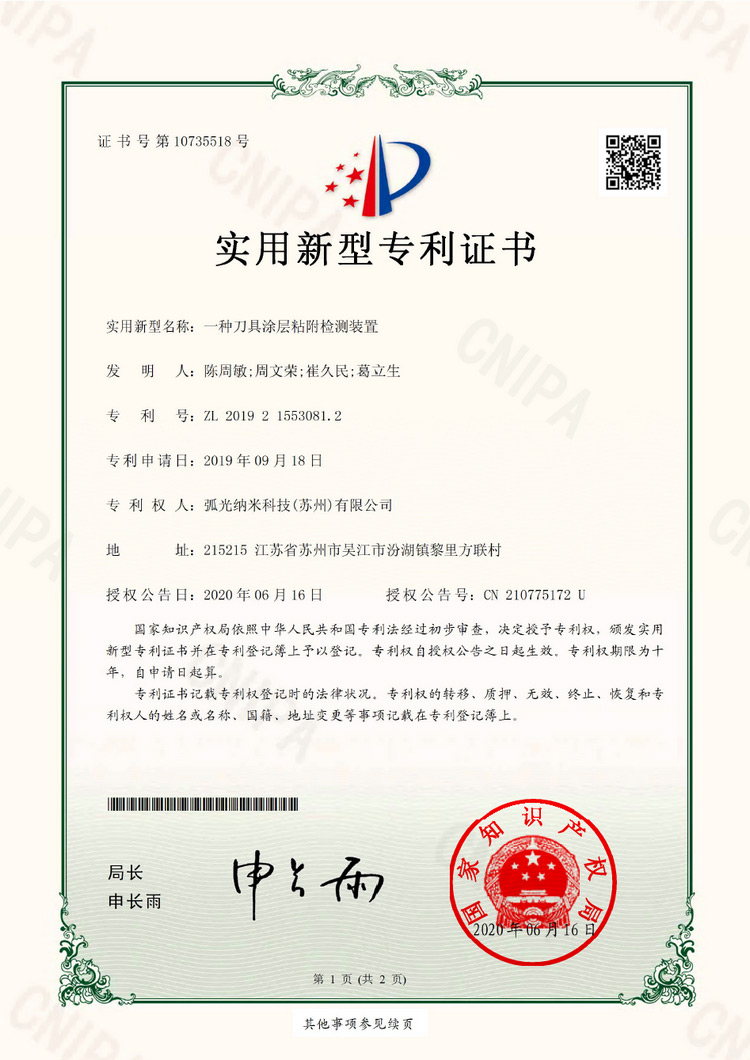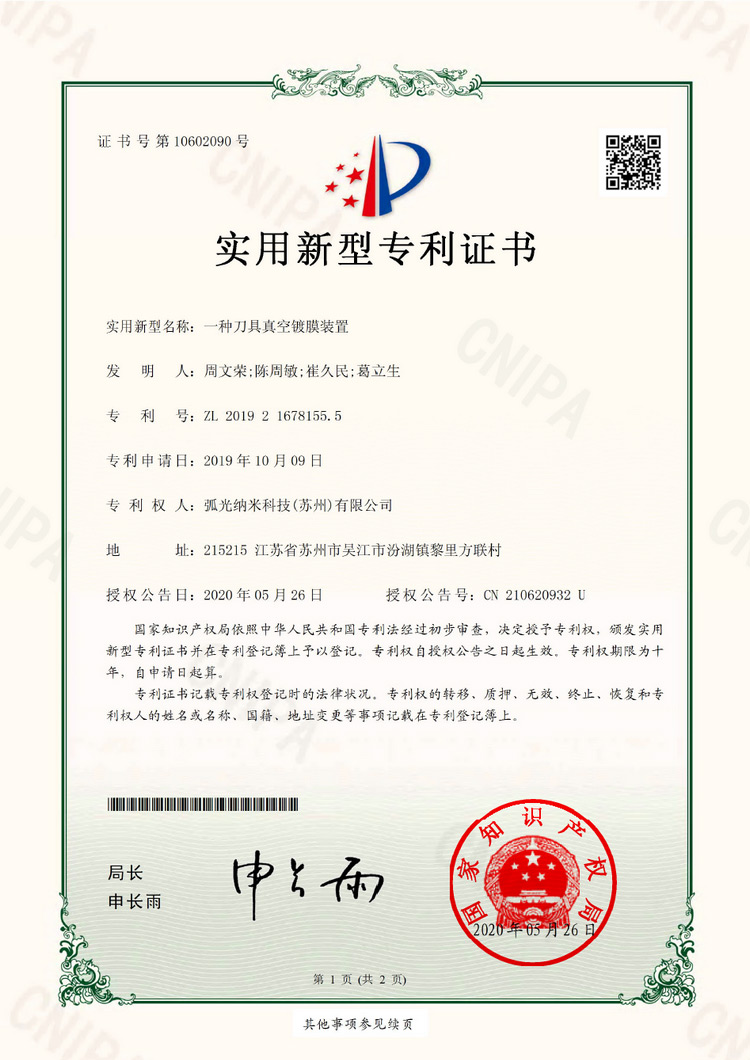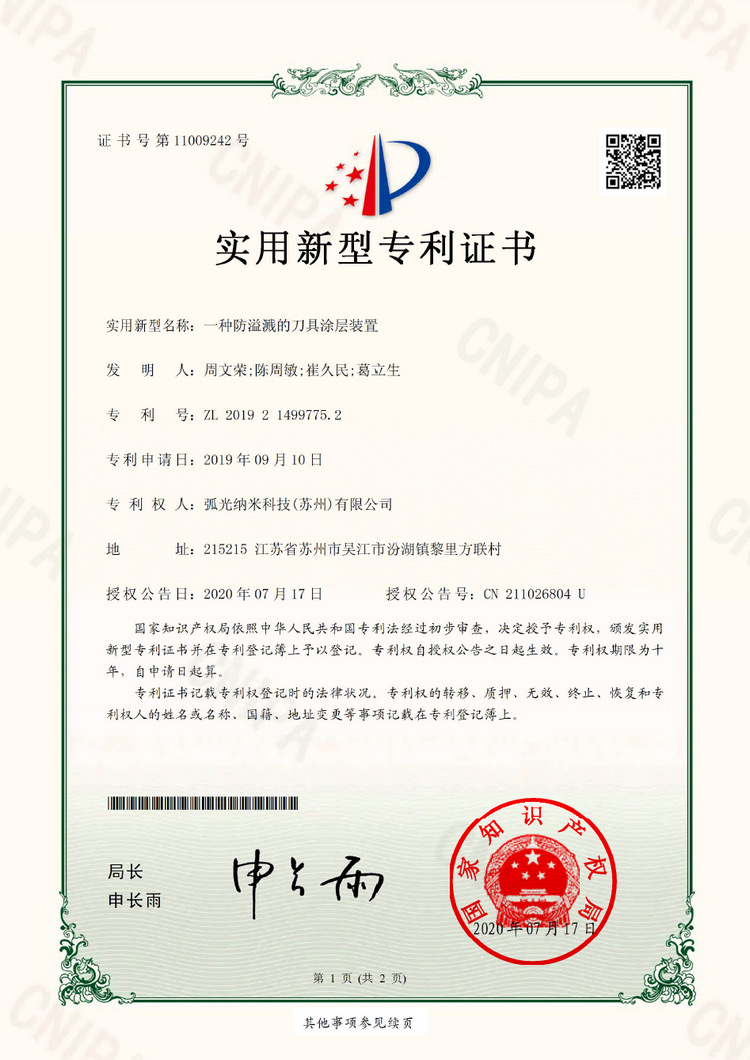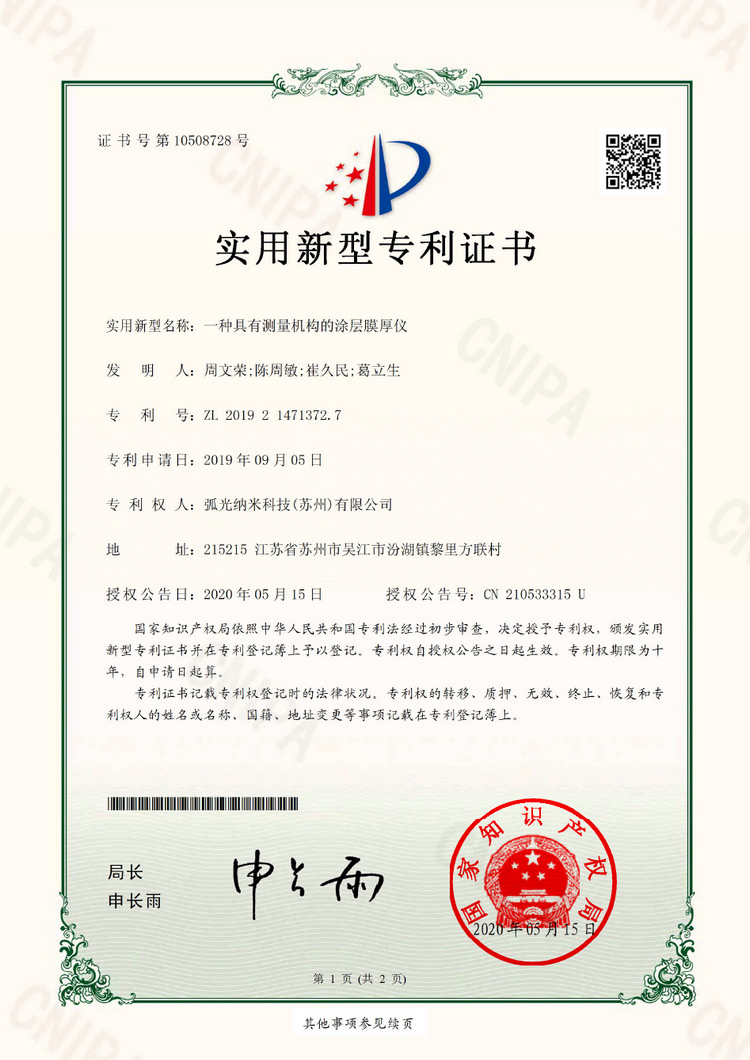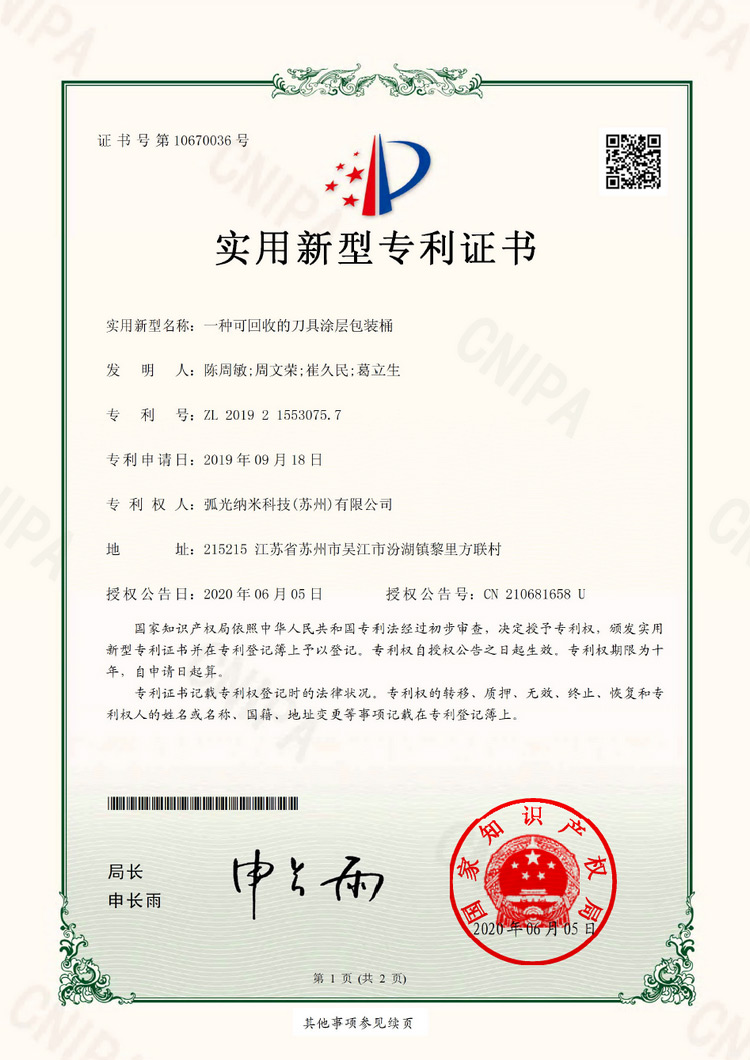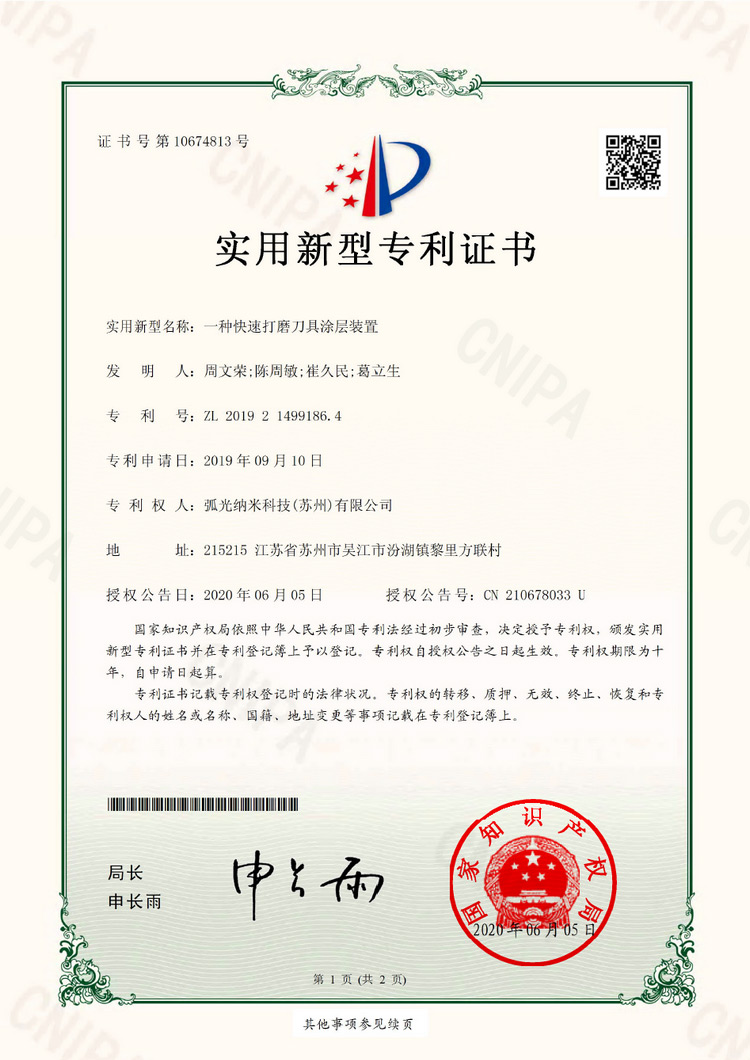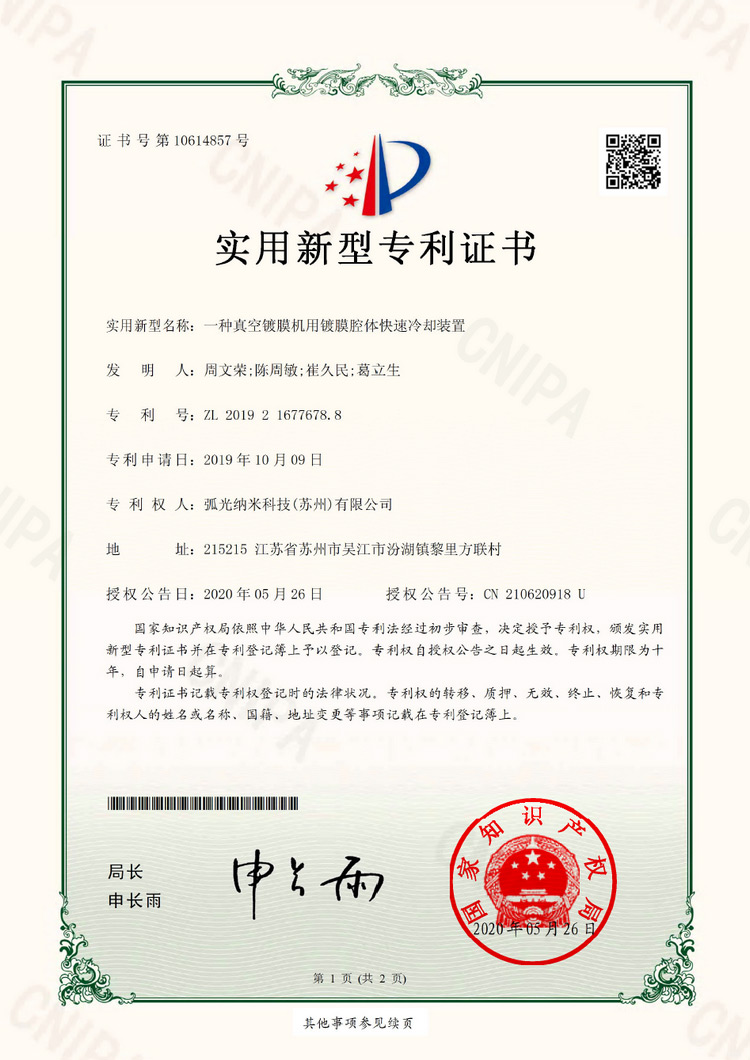Precision Moulds
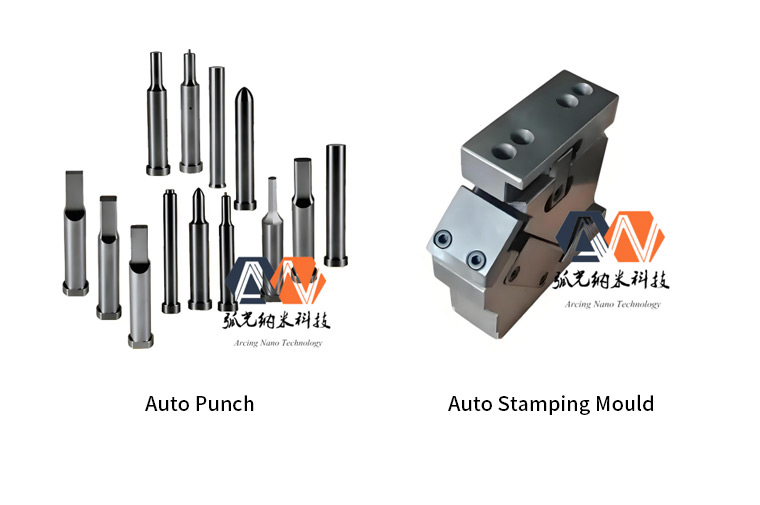
PVD coating technology is an advanced surface treatment technique that forms a thin film on the surface of a material through physical means, without involving chemical reactions. Instead, it uses physical processes to directly convert the target material from a solid state to steam or ions, and then deposits them on the substrate surface in a vacuum environment. The main advantages of this technology lie in improving material properties, enhancing surface characteristics, and improving product appearance. In the field of precision molds, PVD coating technology is particularly widely used because it can be processed at lower temperatures and the deposited coating material has high hardness, thus possessing excellent wear resistance, friction resistance, and corrosion resistance. These characteristics greatly improve the anti scratch and anti bite properties of the mold cavity surface, thereby extending the service life of the mold and improving production efficiency.
The application of PVD coating technology is equally important for precision molds on commercial vehicles. For example, in automotive stamping molds, PVD coating can solve the problem of adhesive wear, improve mold life, avoid product strain, and thus improve production efficiency. In addition, PVD coating can improve the corrosion resistance of molds and protect them from corrosive media, especially when processing corrosive materials or using molds in corrosive environments, which is particularly important.
The application of PVD coating technology in the field of precision molds for commercial vehicles is indispensable. It significantly improves the overall performance of molds, including durability, production efficiency, and product quality, by enhancing their hardness, wear resistance, corrosion resistance, and other properties. This provides important technical support for commercial vehicle manufacturing.


